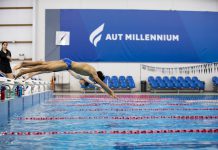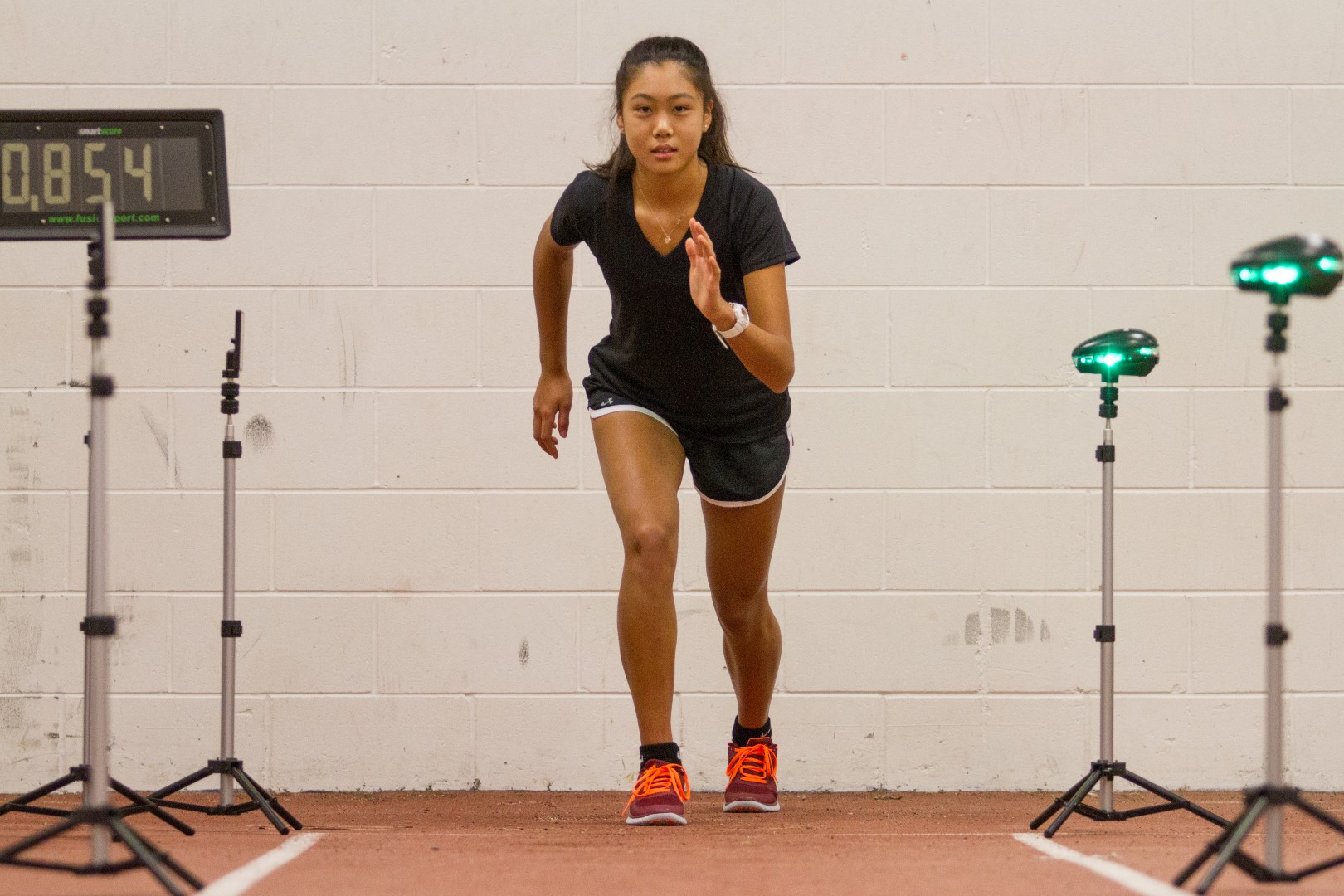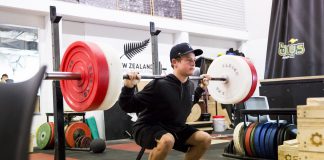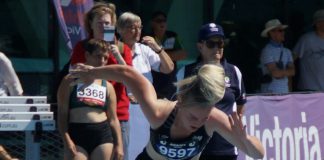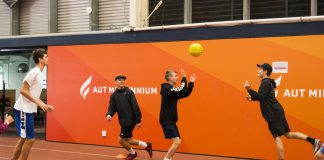Part 1 . Turn Up Ready To Work Hard
Skills can be trained, unlike a person’s height.
Training your skills is less about your genes and more about how much practice you’re prepared to put in. Oh yeah, and how hard you’re willing to work.
You need to turn up and put the time in to reap the rewards. However, in my experience, youth athletes who struggle to optimise their training do so for three main reasons.
1) They don’t know how to work hard in the first place, resulting in them not being able to reach the focus and repetition in their training sessions required to adapt to a higher level of ability.
2) Training is not specific enough. Take aerobic fitness for example. Just running for the sake of running is pointless. How you develop fitness, the type of exercise you use, and how often you do it, should depend of your sport. For many youth athletes there are more appropriate options than simply running.
3) Training is too sporadic. In others words, they may train hard for a short period of time (preseason, for example) but lack the inspiration (or the understanding) to keep it up in the long run. In other words, they get bored and lose the motivation to train.
I’m not saying that every session all year round should involve going as hard as you possible can from start to finish. In fact, for many youth athletes this should never be the number one priority. However, a certain level of quality is required to make all the hard work worthwhile.
Turning up to training with the right motivation is everything.
And so the important question is this: whose responsibility is it to drive training motivation in youth athletes?
Should we expect athletes to turn up with the motivation to ‘slog out’ whatever they’re asked to do? Or, is it somebody else’s job to create the right environment to foster?
What do you think? Please let me know in the comments below.
Coming up next week. Part 2 – Why treating each athlete individually is a must.













